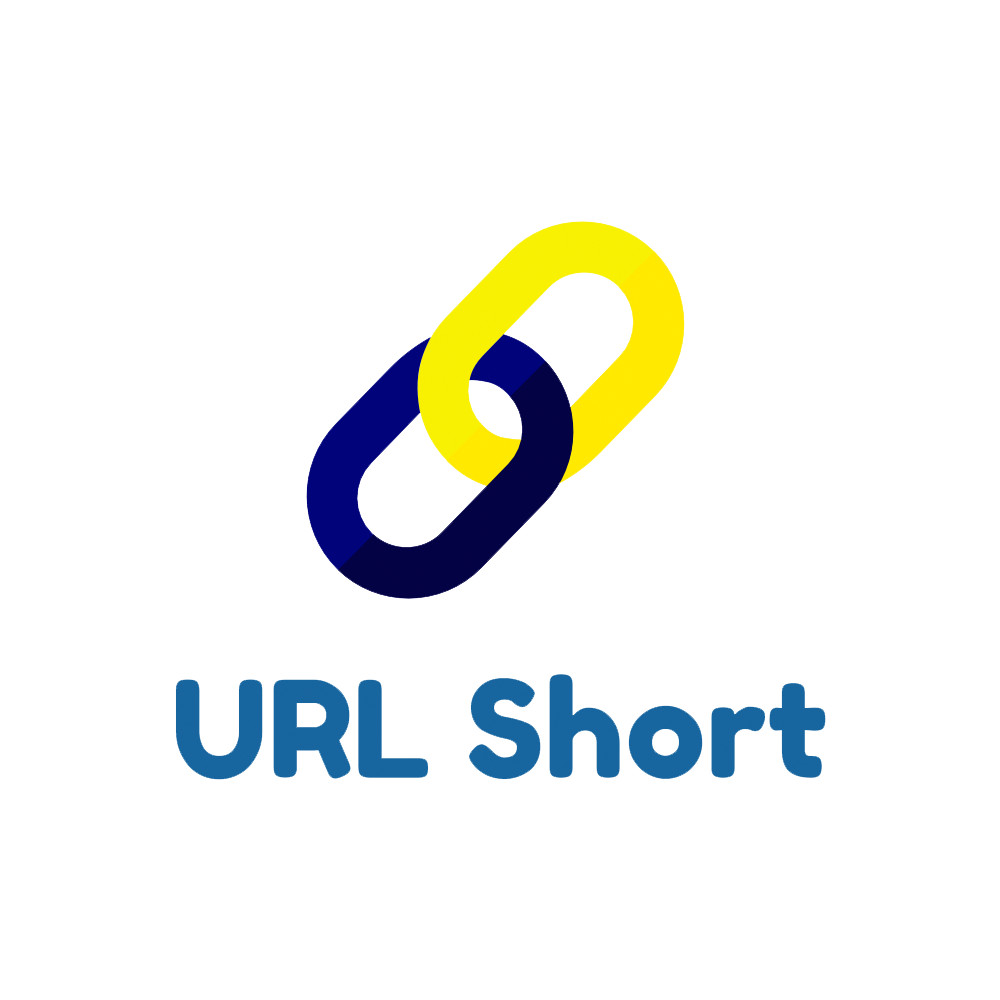URL shortening is not just a convenience; it’s a powerful tool that can elevate your digital marketing strategies. By transforming long, unwieldy web addresses into short, shareable links, URL shortening provides a simple yet effective way to enhance user experience, track performance, and boost engagement. In this article, we’ll explore how URL shortening can contribute to digital marketing success.
What Is URL Shortening?
URL shortening is the process of creating a shortened version of a long URL using a URL shortening service like Bitly, TinyURL, or Rebrandly. These shortened links are easier to share on social media, in emails, and in advertisements, while still redirecting users to the original destination.
Why URL Shortening Matters in Digital Marketing
URL shortening offers several advantages that make it an essential tool for digital marketers:
- Improved user experience with clear and concise links.
- Increased engagement through easier sharing and tracking.
- Better branding opportunities with custom branded URLs.
- Enhanced SEO performance through proper redirects and analytics.
Let's dive deeper into how URL shortening plays a key role in digital marketing success.
How URL Shortening Enhances Digital Marketing
1. Simplifies Links for Easier Sharing
A long URL can be cumbersome to share, especially on platforms with character limits like Twitter. Shortened URLs make sharing easier and cleaner, improving the chances of your content being clicked and shared.
Example:
- Long URL:
https://example.com/products/sale/january-2025-weekend-discounts - Shortened URL:
bit.ly/jan-sale
Marketing Benefit:
Shortened URLs create aesthetically pleasing and easy-to-share links that are more likely to be clicked on by users.
2. Improves Branding and Recognition
Custom-branded short URLs that incorporate your business name or relevant keywords build brand recognition and trust. A branded link appears more professional and reassures users that the link comes from a reliable source.
Example:
- Generic:
bit.ly/abc123 - Branded:
brand.ly/spring-sale
Branding Advantage:
Every time a user clicks a branded link, it reinforces your brand and creates a more memorable experience.
3. Tracks Engagement with Analytics
One of the most powerful features of URL shortening is the ability to track engagement. Most URL shorteners offer analytics that can tell you:
- The number of clicks
- Geographic location of users
- The source of the traffic
- The device type being used
Marketing Strategy:
These insights allow you to optimize your digital marketing campaigns, targeting the right audience, tweaking content, and measuring the ROI of each link.
4. Optimizes for Social Media Campaigns
Social media platforms often have character limitations, making short URLs a perfect fit. Whether you're running paid ads or sharing organic posts, short links save space and make your messages more focused.
Example:
- Instead of using a long URL, you can use a shortened URL that fits perfectly within the character count on platforms like Twitter or Instagram.
Social Media Benefit:
Short URLs increase the likelihood of your content being shared and clicked, ultimately improving social media engagement.
SEO Benefits of URL Shortening
1. Passes SEO Value Through Redirects
When you use a reputable URL shortening service that employs 301 redirects, the link’s SEO value is passed to the original URL. This is crucial because it ensures that any link equity and ranking signals are transferred from the shortened URL to the destination page.
SEO Advantage:
By using URL shorteners with proper redirects, you ensure that your SEO efforts are not hindered, and your content continues to gain ranking signals.
2. Boosts Click-Through Rates (CTR)
Shortened URLs that are easy to read and understand increase the likelihood of clicks. Branded, keyword-rich URLs are particularly effective at boosting CTR, which is an important factor in SEO ranking algorithms.
Example:
- Instead of using a generic link, create a short URL like
bit.ly/sale-2025to attract more clicks.
Result:
Increased CTRs signal to search engines that your content is valuable, contributing to higher rankings.
3. Reduces Bounce Rates
Short URLs that clearly indicate what users can expect on the landing page help improve user experience. When users know they’re clicking on something relevant, they are more likely to stay engaged, reducing bounce rates.
UX Impact:
A lower bounce rate is favorable for SEO and signals to search engines that your content provides value.
Best Practices for Using URL Shortening in Digital Marketing
1. Use Custom Branded Links
Create branded short URLs that reflect your brand name and the content they lead to. This improves trust and reinforces your identity with every click.
2. Track and Optimize Campaign Performance
Use the analytics provided by URL shorteners to track how your links are performing. Make data-driven decisions to refine your strategies.
3. Ensure Proper Redirection
Make sure your URL shortening service uses 301 redirects to pass on the SEO benefits. Avoid using unreliable services that could negatively impact your SEO efforts.
4. Limit Overuse of Shortened URLs
While shortened URLs are great for marketing, overuse can appear spammy. Use them strategically to maintain credibility and user trust.
Conclusion
URL shortening is a valuable tool in digital marketing that simplifies sharing, enhances branding, and provides valuable insights into campaign performance. By using shortened URLs effectively, digital marketers can improve user engagement, boost SEO efforts, and ultimately achieve greater success in their campaigns.
Start incorporating URL shortening into your digital marketing strategy today to enhance your content’s shareability, branding, and performance.
